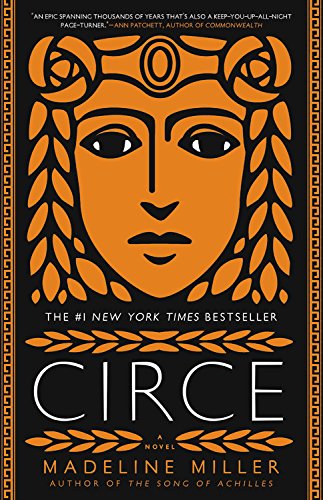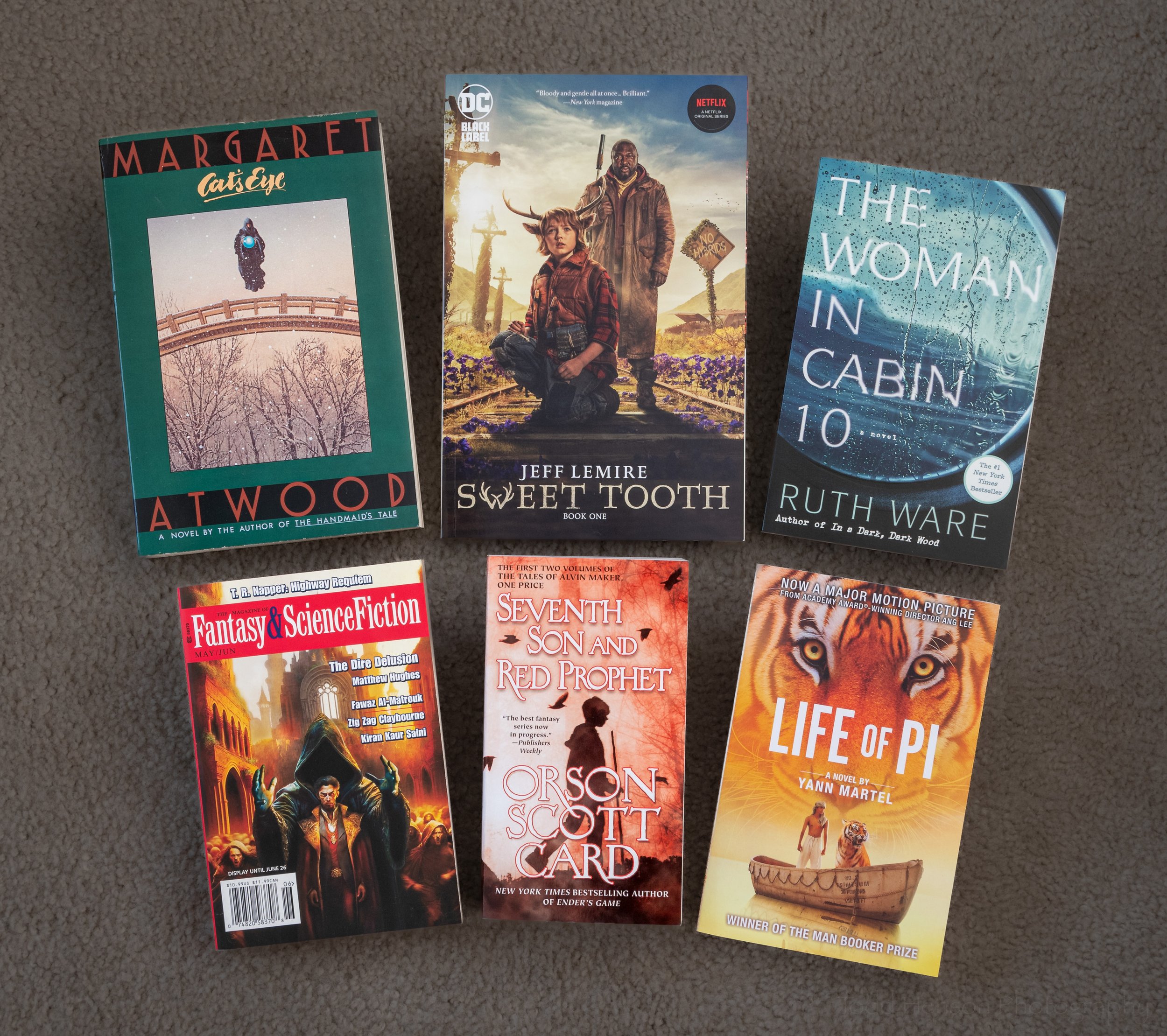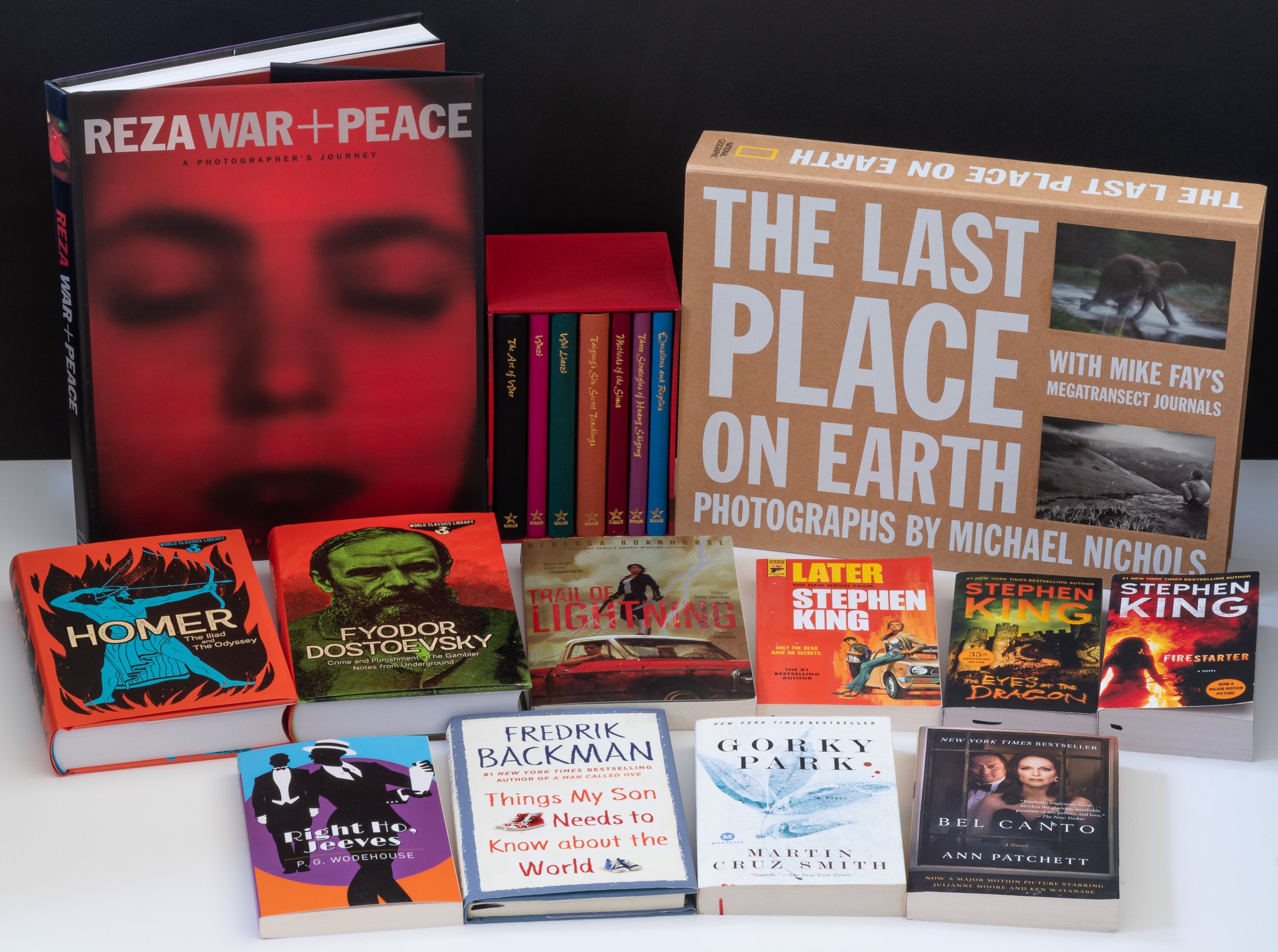The hardcover edition of Circe, by Madeline Miller
This post contains affiliate links and I’ll be compensated if you make a purchase after clicking on my links, though this won’t cost you anything extra. Thanks much!
Today I’d like to take a short step away from photography and explore another art form, that of storytelling. People love stories, and stories can greatly influence us, often staying with us through the years. Stories can influence how we see the world, and doing so can change how we photograph the world. So today I share my thoughts on Madeline Miller’s book, Circe.
I grew up loving stories of ancient mythology. But the only exposure I typically had to them was film and general mythology books. Film comes with its set of strengths and weaknesses, one weakness often being its shorter length. And the mythology books I read tended to be short passages about a large number of stories from various mythos, often very dry reading. Since then, though, I haven’t read or watched nearly as much as I once did, though I do sometimes pull out Bulfinch’s and read about some event or character.
Over the last year or so, though, I kept seeing references to Madeline Miller’s Circe. Eventually, I decided to pick up a copy and read it, and I’m very glad I did. I thoroughly enjoyed Circe. It’s exactly the sort of story I wish I’d had when younger (though written for an adult audience), taking those dry, plodding tales from generic mythology books and giving them the life I’d seen in some of the movies, but on a grander scale and with more depth. Circe isn’t an action packed Hollywood blockbuster, but instead a memoir of the life of a very interesting, though perhaps lesser known, character in Greek mythology.
Circe was a nymph, a lesser goddess, whose father was the great Titan Helios, god of the sun, and whose mother was Perse, the naiad daughter of the Titan Oceanus. I knew some of these names, but it’s been so long since I’d read of them I’d forgotten most of whatever I once knew. Perhaps that increased my enjoyment, making the story seem fresh, slowly revealing other names I knew, such as Zeus, Hermes, Daedalus, the Minotaur, Athena, Odysseus, and many more. As Circe’s life story unfolds, we see her place in the stories of all these others.
The book is told from Circe’s perspective. We feel her pain and anger, her sorrow and love, her longings. And this perspective is an interesting one given she’s a goddess and a witch. And though that makes her very different and in some ways above and beyond us mere mortals, it’s beautiful to be taken into her life and see just how similar are the machinations of the gods, with their petty rivalries and over-inflated egos, to our mortal lives and politics. But Circe differs from so many of her kind, making the story that much more interesting, as she chooses paths most others might avoid.
If you’ve always been interested in, or even just curious about, Greek mythology and want to learn more about these interesting gods and goddesses, heroes and monsters, if you want to know what they felt and experienced in their lives between the great events, then you may very well enjoy Circe. I loved how it weaved together so many stories I was familiar with, but also introduced ones new to me. Madeline Miller has brought to life the character of Circe, taking us from her beginning to her end, and I thoroughly enjoyed the journey. Now I look forward to reading her earlier book, The Song of Achilles.
Do you enjoy these posts?
Sign up to receive periodic emails with updates and thoughts. Don’t worry, I won’t spam you. And please consider purchasing artwork or products from my online store, and using my affiliate links in the sidebar to the right when shopping online.
I appreciate your support!











